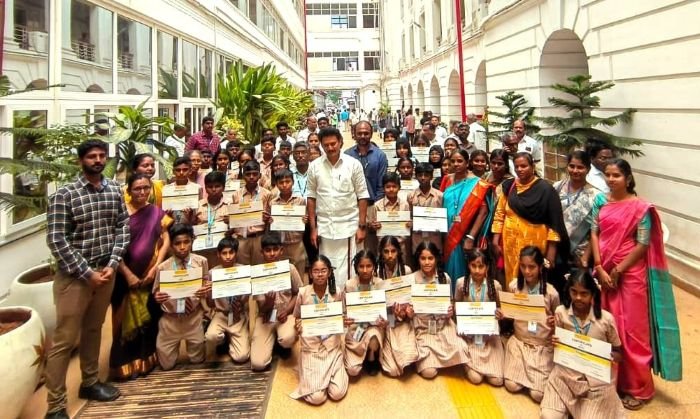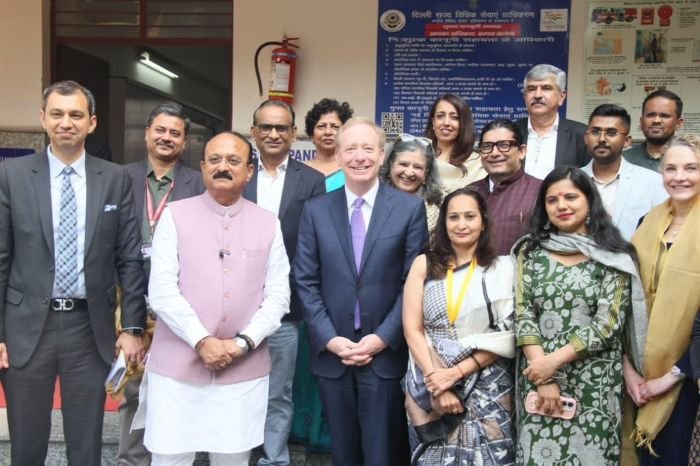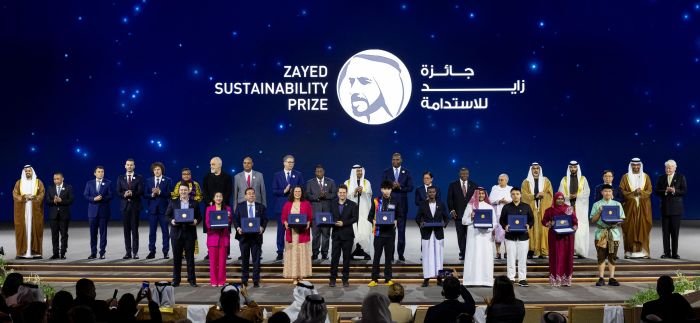
Meghna Asthana, a PhD student in computer vision science from Prayagraj, Uttar Pradesh, studying at the University of York, UK, was selected as one of the 75 India UK Achievers award winners. She received the award for her role in using science to create positive social impact.
The awards recognise and celebrate the work of 75 Indian students and alumni who have pursued a British programme of study, and marks the 75th anniversary of India’s independence. The award is given to a current or former Indian student in the UK who has achieved excellence in their field, as well as inspired and encouraged others to achieve.
Meghna is a researcher in the field of computer vision, an area of science that aims to further machine learning in the understanding or extraction of useful information from images. Her expertise ranges from satellite imagery for climate change and surveillance, to ocean floor videography for species detection.
As a Data Science for Social Good Fellow at The Alan Turing Institute, Meghna has also provided her expertise to non-for-profit organisations and government bodies in areas such as clean energy, climate change and public safety, which is crucial to creating an infrastructural shift from non-renewable to renewable energy as part of the Net Zero Strategy: Build Back Greener by 2050.
Meghna’s portfolio consists of a myriad of government, non-profit and academic projects, with partners including the German Centre for Artificial Intelligence, UNICEF, NASA, LSE, Data Science Institute, and the Sports Innovation Challenge at Imperial College London for Disability Sports & Paralympics.
Meghna said: “My experience at York has provided me with the opportunity to foster lasting relationships with experts in various domains of scientific research. This award is a special one for me as it signifies the strong bond between two countries I call home.
“I have worked on so many exciting projects whilst I have been in the UK. One such project was looking at imagery gathered from a research vessel investigating marine ecosystem in waters around Europe and overall investigating intensively on climate change we are witnessing today.
“The work that I do is very varied, which means that I could be working on environmental projects for a period of time and then onto something completely different, such as developing algorithms which help paralysed patients not only walk but run, and cycle for the biggest competitions like the Paralymipics.
“The model we helped produce competed in the first Bionic Olympic Cybathlon and came in with a silver medal, which was a really satisfying result for a project that was able to contribute to increasing diversity in sports.
“My work at York has been focused on developing models for 3D representations for VR/AR applications, as part of the University’s Vision, Graphics and Learning group. This can help us capture any 3D object in the real world like a face or entire body and transfer it to virtual space. Such research is crucial for a range of industries, including healthcare where this technology can help surgeons and dentists in surgical planning and evaluation.
“The Achievers award recognises the value of this work and has propelled me to continue collaborating on more high impact and high stakes projects, changing lives around the world for the better.”








